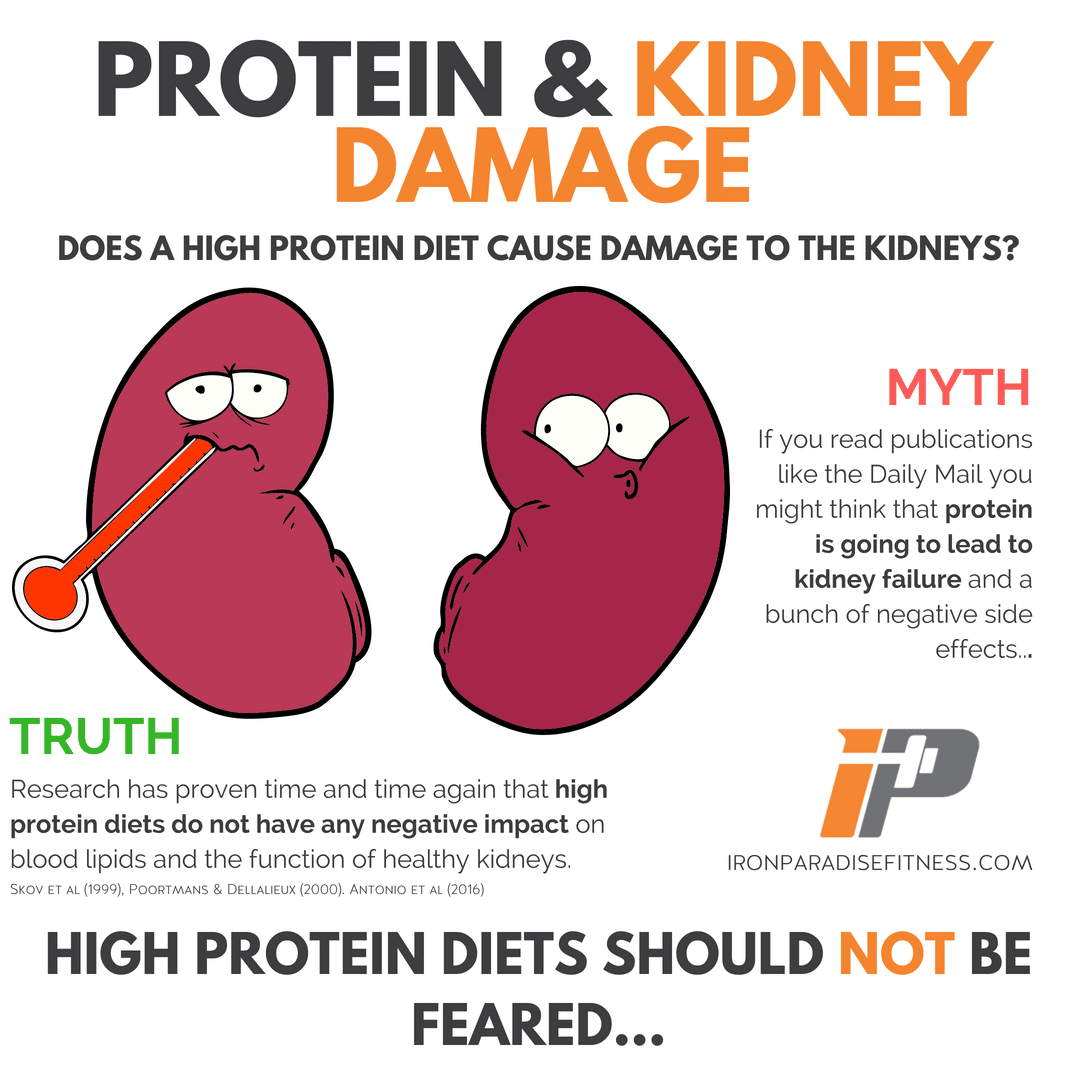Trauma has a profound impact on one’s life, leaving a lasting imprint that can feel insurmountable. Whether it’s the result of a devastating event, abuse, or a series of distressing experiences, the aftermath of trauma can shatter our sense of safety, trust, and well-being. However, within the darkest depths of the nightmare, there lies hope. With resilience, support, and self-care, it is possible to find a new life beyond the trauma and embark on a journey of healing and renewal.
The first step towards overcoming trauma is acknowledging and accepting its presence. It is essential to confront the pain, emotions, and memories associated with the traumatic experience. This requires a safe and supportive environment where one can express their feelings openly without judgment. Seeking professional help from therapists or counselors specializing in trauma can provide invaluable guidance and assistance in navigating this complex journey.
Building a support network is crucial in the healing process. Surrounding oneself with empathetic and understanding individuals who offer unconditional support can provide a sense of validation and reassurance. Friends, family, or support groups can serve as a source of strength and companionship, helping to counteract the isolation often experienced after trauma. Sharing one’s story with trusted individuals who listen without judgment can be a transformative step towards reclaiming personal power.
Self-care plays a vital role in the recovery process. Engaging in activities that promote physical, emotional, and mental well-being can be immensely healing. This may include exercise, mindfulness practices, journaling, art therapy, or engaging in hobbies and interests. Self-care nurtures a sense of self-compassion and reinforces the belief that one deserves healing and happiness.
Learning effective coping mechanisms is crucial in managing the overwhelming emotions that often accompany trauma. Techniques such as deep breathing exercises, grounding techniques, and relaxation exercises can help regulate emotions and create a sense of stability. Engaging in healthy coping mechanisms, such as seeking creative outlets, practicing meditation, or participating in support groups, provides alternative ways to process and express emotions.
Reframing the narrative surrounding the trauma is a powerful tool for healing. While the trauma itself cannot be erased, it is possible to redefine its impact on one’s life. This involves shifting from being a victim to becoming a survivor, recognizing personal strengths and resilience that have emerged from the experience. By reframing the narrative, individuals can regain a sense of agency, acknowledging that their identity extends beyond the trauma.
Seeking professional therapy is instrumental in the healing journey. Therapeutic modalities such as cognitive-behavioral therapy (CBT), eye movement desensitization and reprocessing (EMDR), and somatic experiencing can help process traumatic memories and alleviate associated symptoms. Trained therapists can provide guidance and support in navigating the complexities of trauma, helping individuals develop coping strategies, and facilitating the healing process.
Forgiveness, both for oneself and others involved in the traumatic event, can be a challenging but transformative step towards healing. Forgiveness does not imply condoning or forgetting the trauma, but rather releasing the emotional burden that comes with holding onto resentment and anger. It is a personal journey that allows individuals to reclaim their power and find inner peace.
Lastly, finding meaning and purpose beyond the trauma can be a profound part of the healing process. Engaging in activities that align with personal values and passions, helping others who have experienced similar trauma, or becoming an advocate for change can give new direction and a sense of fulfillment. By turning pain into purpose, individuals can transform their trauma into a catalyst for growth and positive change.
Recovering from trauma is a journey that requires time, patience, and self-compassion. It is important to remember that healing is nonlinear, and setbacks are a natural part of the process. By embracing the journey, seeking support, and nurturing oneself, it is possible to find a new life beyond the nightmare of trauma. With resilience and determination, individuals can reclaim their lives, restore their sense of self, and discover a future filled with hope and possibility.











